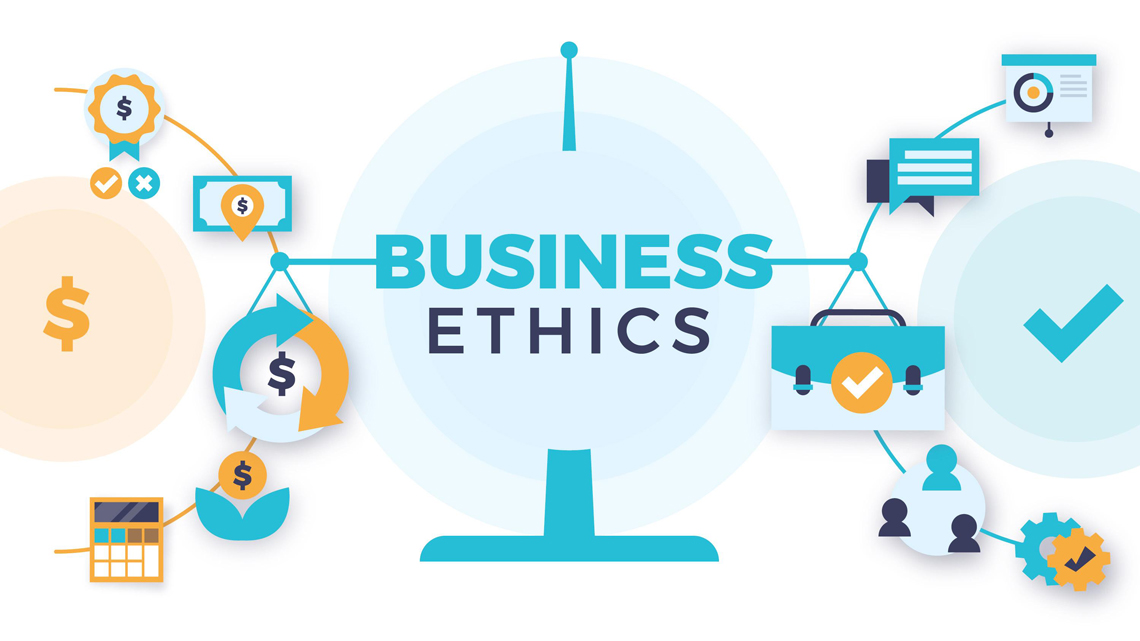
Marketing isn’t just a to-do act in business to promote offerings through various channels. It has taken on a larger meaning and responsibility, because today’s consumers are socially concerned about environmental issues, as they all affect them. Entrepreneurs must take it as a social responsibility in businesses to fulfill and be held accountable to ethical norms through their marketing strategies. Apart from the marketing channels, goals and do their part to achieve sustainability.
What is Sustainable and Ethical Marketing?
Sustainable marketing refers to when a product or service is marketed with the thought that it is better for the planet or the world over profits. Sustainable marketing uses a complete product lifecycle perspective, starting from raw materials, manufacturing, to packaging, and less carbon emissions.
Ethical marketing means advertising goods and services in a genuine, transparent, and socially good way. Here, the values and trust are more important than the profit margin. It also means being fair to employees, consumers, using responsible labor practices, and caring for all stakeholders.
These concepts provide a great fusion/synergy in marketing principles, which are guided ethically to provide societal and environmental benefits.
The Rise in Sustainability and Ethical Marketing
Millennials and Gen Z are eco-friendly; buying things based on traditions, their values, and what they think is right. They demand that brands be ethical and practice the same. Modern brands are working diligently to lower their carbon footprint and find ways to shift to digital.
Along with a sustainable business model, the ethical implications must not be ignored. All businesses, big and small, are accountable for ensuring change that is positive for present and future generations. These consumer demands and business shifts have led to the rise of ethical and sustainable marketing.
Importance of Sustainable and Ethical Marketing
- Consumer Expectations: Today’s consumers do look for quality products, but they want a brand that cares about their values. This marketing is consistent with the attitudes of consumers to make responsible purchasing decisions through their promotion.
- Trust and Loyalty: Consumers insist on transparency of a company’s practices, whether it is related to sourcing their materials to their manufacturing process. Ethics in marketing, being transparent, gains trust and honesty while creating a relationship.
- Regulatory and legal follows: Governments and institutions are swiftly recognizing how important it is to take sustainable approaches to business. Environmental and social concerns will only become a larger part of our daily lives, either through conscious choice or through regulations that are enforced for compliance.
- Competitive advantage: By pursuing sustainability and ethical marketing, businesses can use this as a competitive move. Businesses having these as foundational principles set themselves apart in a competitive marketplace.
- Cost savings: Pursuing sustainability in day-to-day practice can create significant reductions in the costs of business operations. Reducing waste, saving energy, using the limited resources, etc. Operating wisely will result in a decrease in costs and an increase in revenue.
- Positive Impact on Society: A company can help reduce and offset its carbon footprint, treat individuals fairly with consistent labor policies, support health programs, consumer rights on natural resources, etc. This is more than corporate social responsibility; it can be the call to action for other companies to take notice and to hopefully stand up to the same values.
Sustainability and Ethics Strategies in Marketing
- Inclusive Marketing
Inclusive marketing reflects all the diversity and intersectionality of the target market demographic, including issues of religion, gender, age, capability, socio-economic level, etc. This practice is to ensure that all individuals feel included in situations without being excluded because of how they identify.
- Be Transparent
As consumers are more concerned about environmental impacts, businesses should maintain transparency in how they manufacture products, or the energy consumption of software or services. Knowing your initiatives and efforts attracts them and builds trust, which later turns into a community of loyal customers.
- Ethical Partnership
As your business adopts and follows sustainable practices, choosing partners who value it is equally important. This helps to improve your brand reputation along with meaningful collaborations to support your eco-friendly programs. Otherwise, you may end up with conflicts of interest and failure of marketing strategies.
- Data Privacy and Security
Ethical data collection and use consider how consumer information was acquired for businesses, in a disclosed manner, what permissions were required, for what use, and why. It accounts for consumers’ ethical data usage, not to discriminate against freedoms of privacy, to serve a better experience for all.
- Ethical Supply Chain Practices
Not just in resources and manufacturing, businesses should also ensure sustainability in the supply chain. This can include fuel consumption, labor practices, transport system, warehouse, etc. Brands, having careful observation in all the stages of development and delivery, stand out.
- Authentic Storytelling
Even in the part of marketing, storytelling is essential. As modern consumers tend to connect with emotions and values, brands should narrate their mission, vision, and success stories. This helps in building genuine connection and long-term bond with your consumers.
Conclusion
Sustainable and ethical marketing initiatives are not just for flexing. It holds greater value and purpose to drive business success with long-term goals. Hence, carefully understand and follow these strategies to get it done right and grow sustainably.
Visit APAC Entrepreneur for more blogs.
